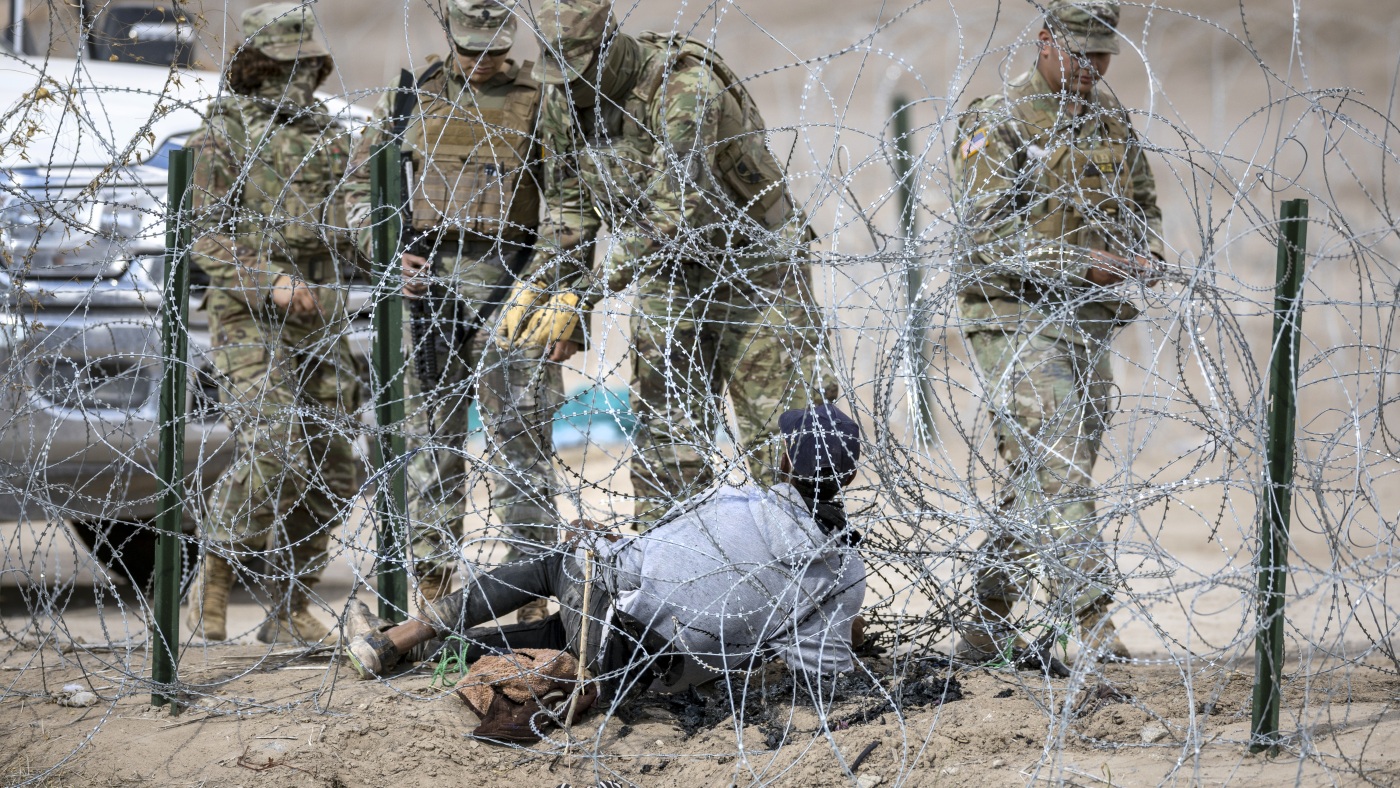National Guard troops may soon be involved in immigration enforcement. A memo from the Department of Homeland Security (DHS) outlines plans to use these troops for various duties, including nighttime operations and support within detention facilities. This request, which is part of a broader push to reinforce immigration control, asks for around 20,000 National Guard members.
DHS needs personnel for specific tasks. This includes 3,500 troops for locating fugitives and another 2,500 for detention support. Up to 10,000 troops might be used for transporting detainees, while about 1,000 could assist with document translation and interviews.
DHS Assistant Secretary Tricia McLaughlin stated, “The safety of American citizens comes first.” She emphasized the focus on removing individuals with serious criminal backgrounds from the U.S. This marks a significant moment as it could be the first time the National Guard is directed to handle immigration enforcement on U.S. territory.
Senator Jack Reed, a prominent Democrat, raised concerns about the legality of this move. He pointed out that there are many questions about the deployment and use of the National Guard for these specific duties. Army Secretary Dan Driscoll confirmed that the military is readying the forces but could not disclose the exact roles they would play.
Historically, the National Guard has participated in various domestic missions, but this crackdown on immigration represents a new frontier. The potential deployment reflects heightened tensions around immigration and public safety, which have gained attention in recent years.
As discussions unfold, many are monitoring how local communities will react, particularly in states led by Republican governors, who are expected to provide the bulk of the troops. With the situation evolving, citizens are looking for clarity on what this means for both national security and individual rights.
For more in-depth coverage, the DHS memo and its implications can be seen in detail on trusted news sources like NPR, which have been closely following this development.
Source link





















